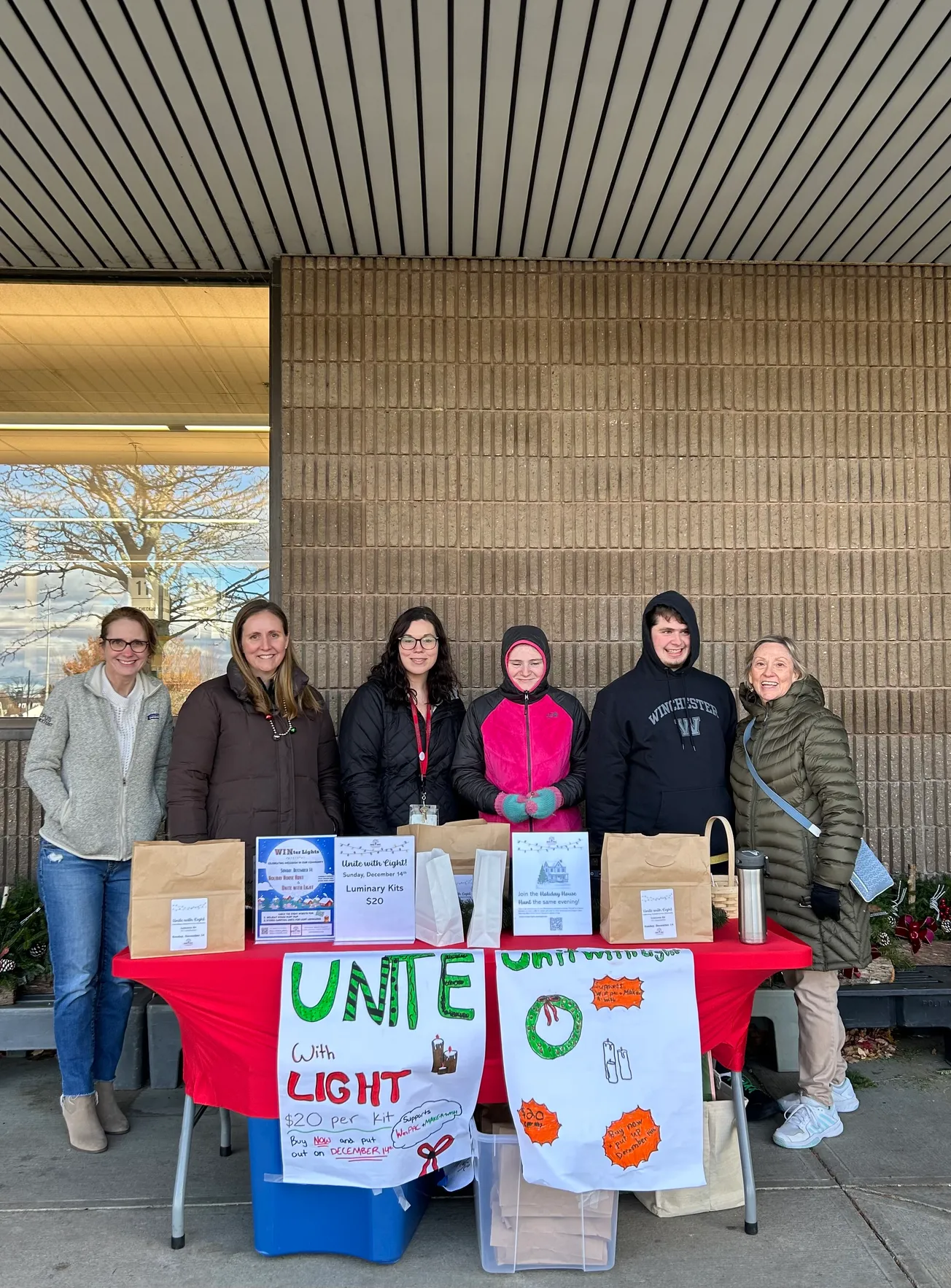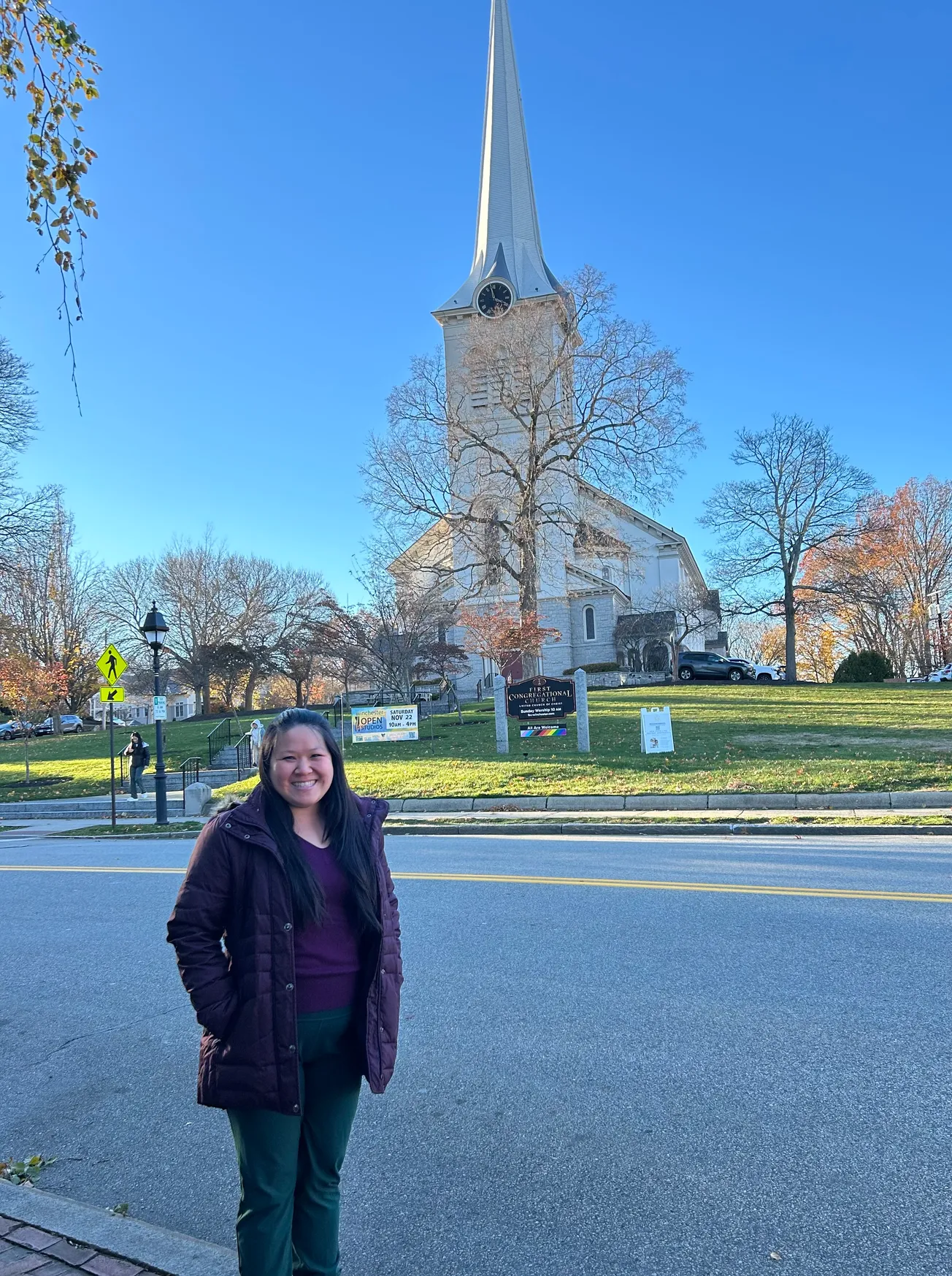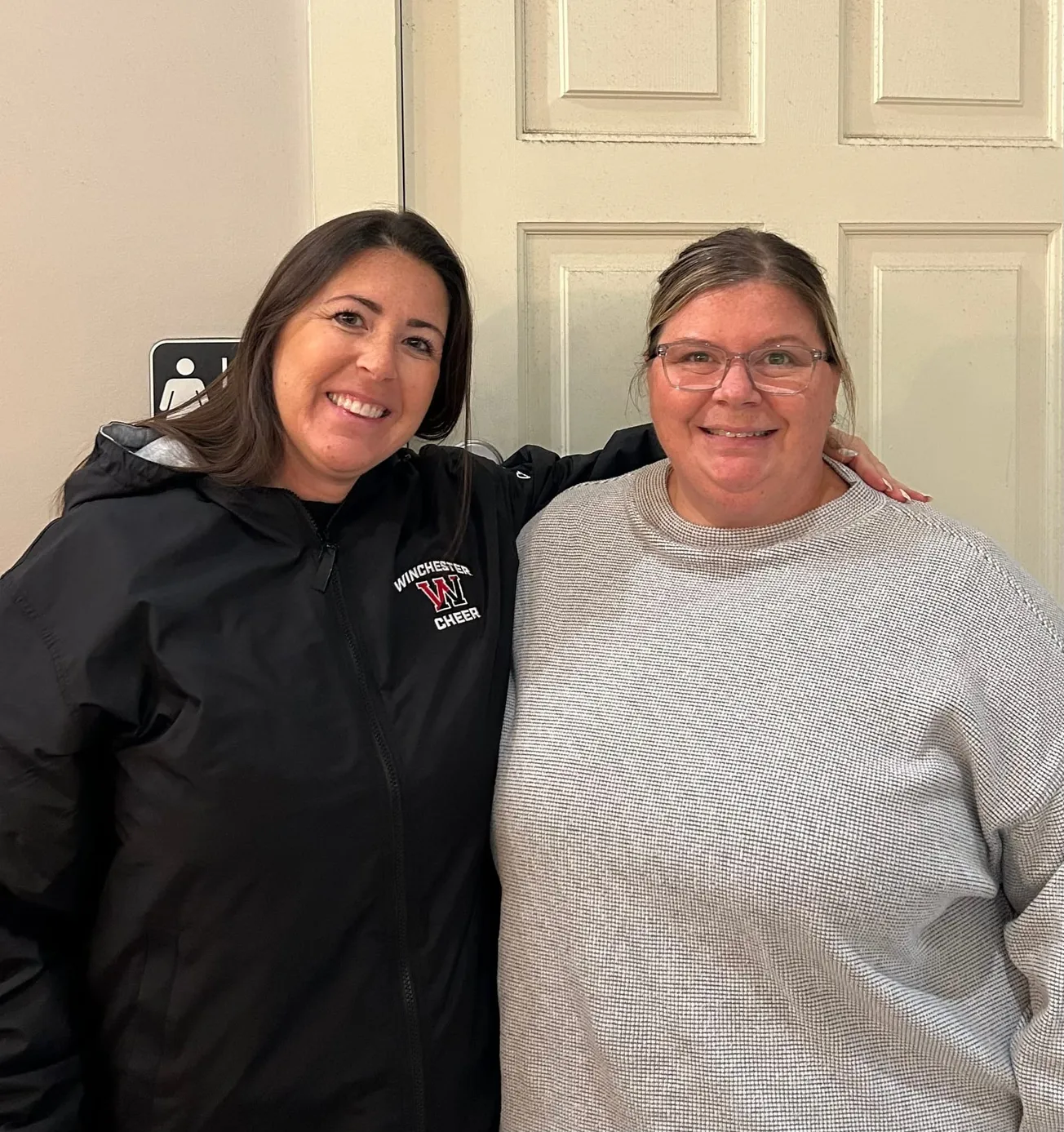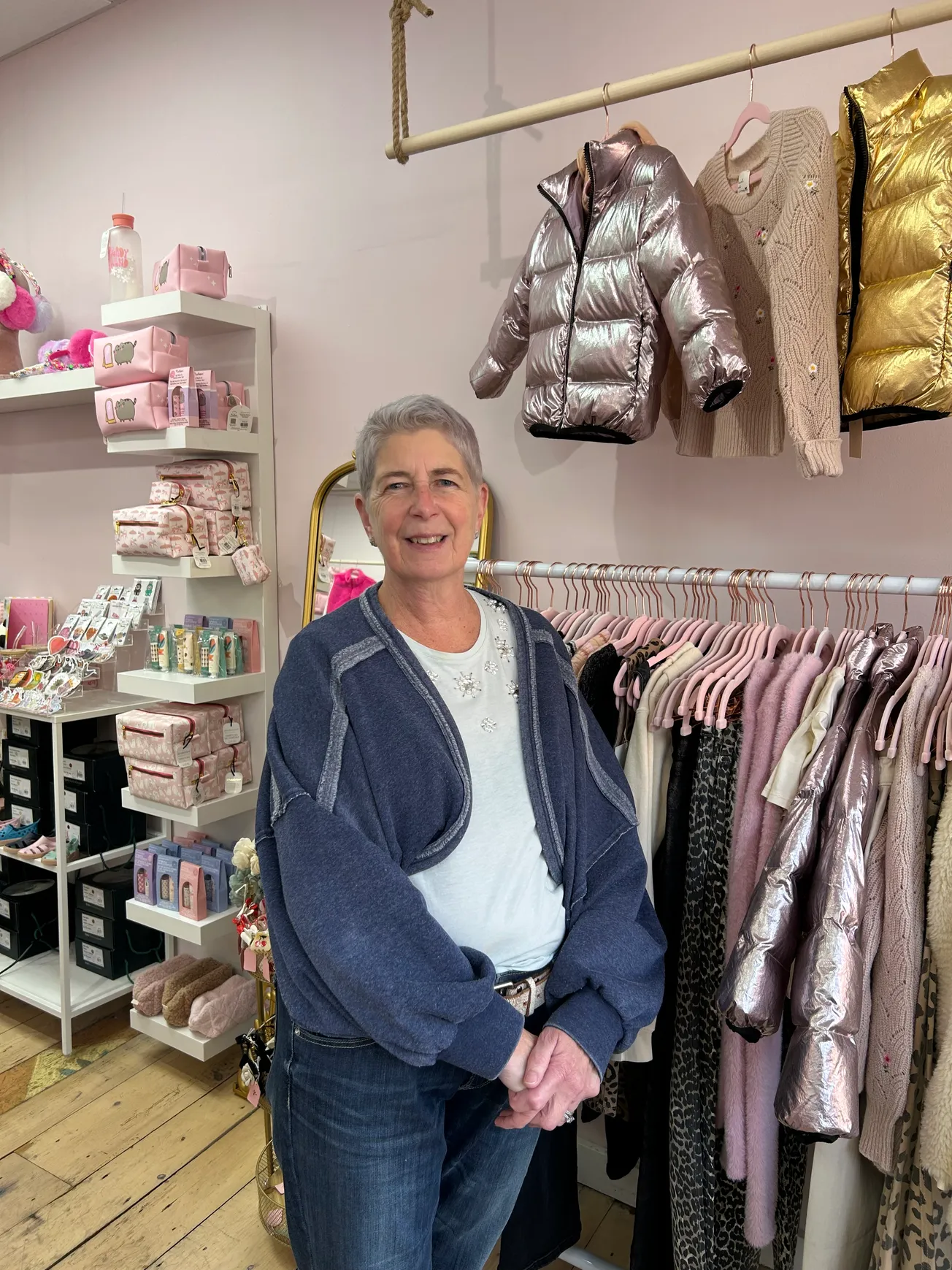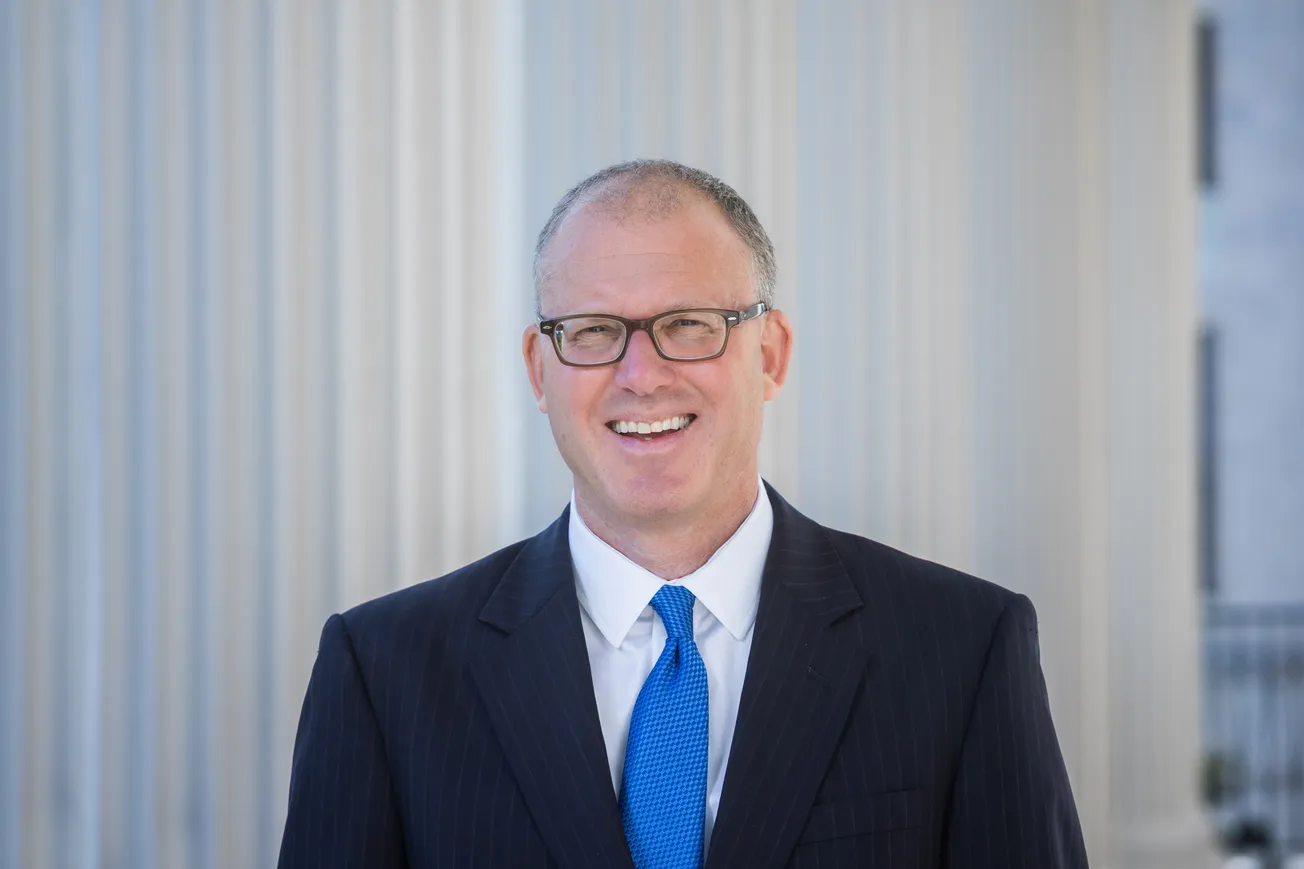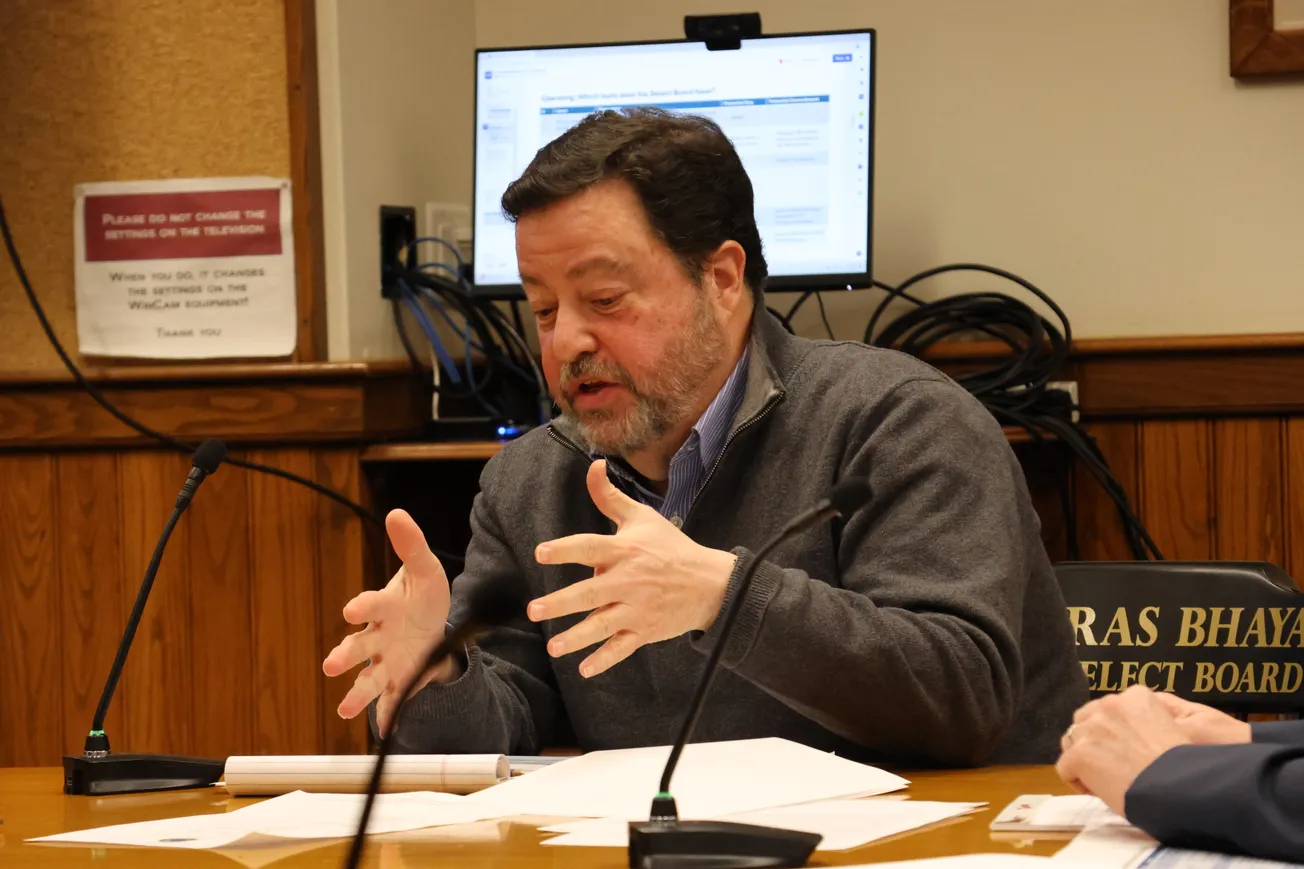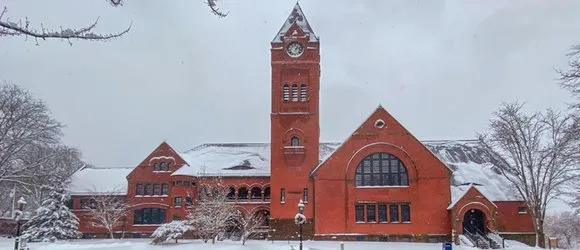Table of Contents
Grove Street resident Dr. Jonathan Paolino will be participating with his team in October’s Jimmy Fund Walk.
A pediatric oncologist at the Dana-Farber Cancer Institute, his interest in pediatrics started when he was an Army medic.
“I served three tours in Iraq and Afghanistan,” he says. “I realized then I really like working with kids. And I really like taking care of the really sick ones. Cancer in children is life-threatening, and if you cure them, you’re giving them a long healthy life.
“You join their families,” he adds. “I still get emails and cards from former patients.”
Paolino works at the Jimmy Fund, the pediatric cancer center at Dana-Farber where children are treated as outpatients.
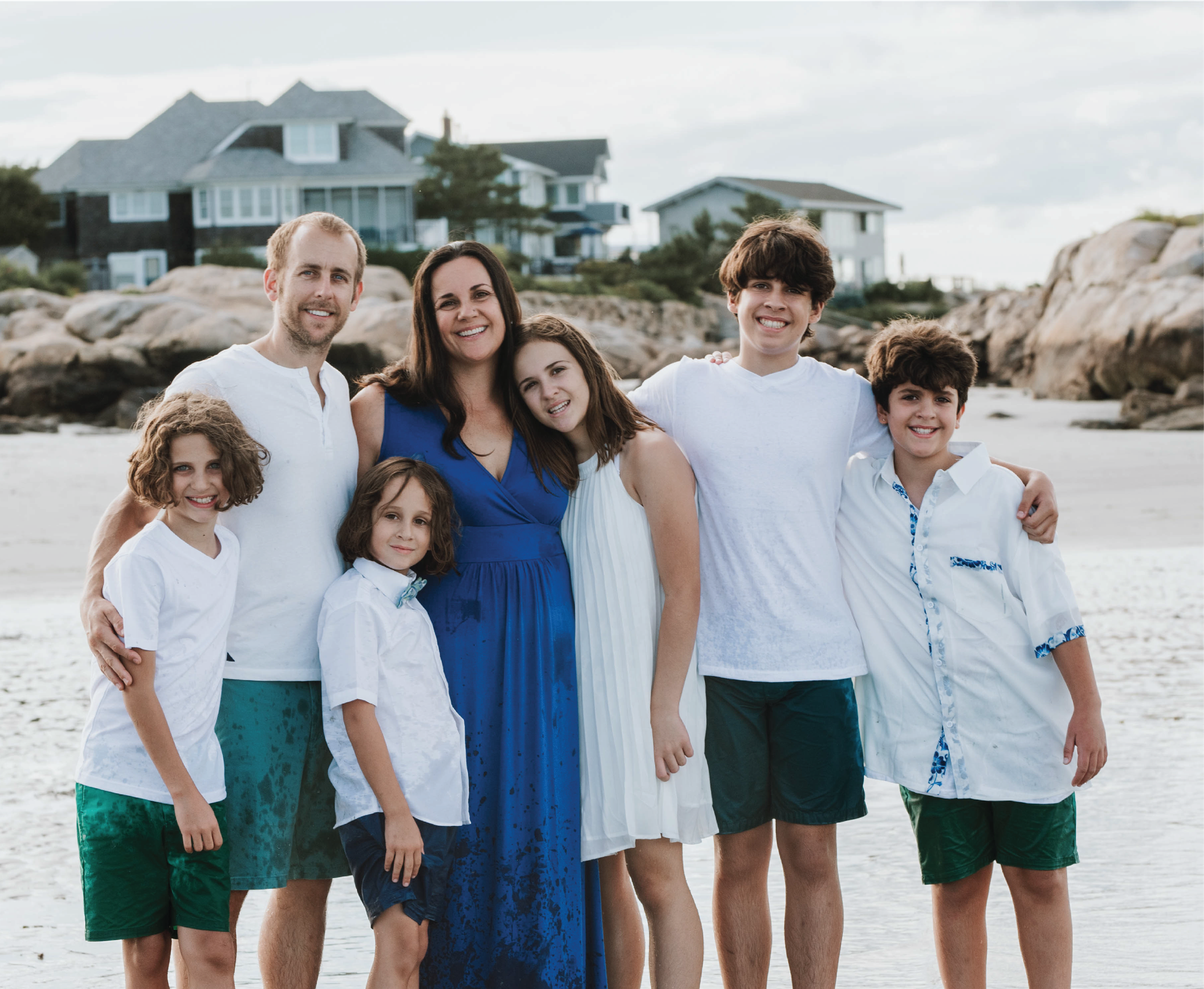
“Boston Children’s Hospital is for inpatients and we move the children back and forth,” he explains.
“The Jimmy Fund Walk is one of our biggest fundraisers” he adds. “I have a team, (The Friends of Heme-malignancy) [Paolino’s medical specialty] which includes my wife and children. A few weeks ago, the kids raised about $2,000 at the town’s transfer station. I’m so grateful to live in such a supportive place and that I've been really touched by the generosity of the Winchester community.
“The walk can be along the Boston Marathon route, but we’ll do a 5K walk from Dana-Farber to the marathon finish line,” he continues. “Our goal is to raise $20,000. Back in the 1950s, the cure rate was only 50% but the current survival rate is 80 to 90% and will continue to improve through treatment trials.”
Which is what the Jimmy Fund patients participate in, and the funds raised in the walk are used exclusively for clinical trials.
“It pays for drugs, monitoring, regulatory fees, but not for salaries,” he says.
A native of North Andover, Paolino was a pre-med student at the College of the Holy Cross and after his military service, he earned his medical degree at the University of Massachusetts Medical Center.
“I had my medical fellowship at Boston Children’s Hospital,” he says.
“Childhood leukemia is the most common cancer in kids and the second leading cause of childhood cancer-related deaths,” he adds. “And with federal research money becoming tight, we depend on philanthropy. These trials are expensive to run.”
When asked what he does in his free time, Paolino says, “I spend a lot of my free time working.”
His patients typically undergo two years of chemotherapy, which he says “is an enormous undertaking for them and their families. And insurance doesn’t cover drugs that are in clinical trials.
“We love taking care of the kids,” Paolino says. “They’re very sick during therapy, but they’re resilient in a way that’s inspiring and makes me want to do better.”


